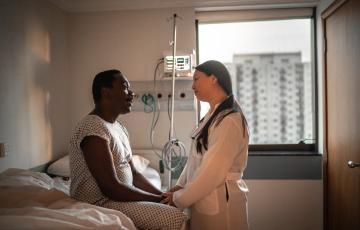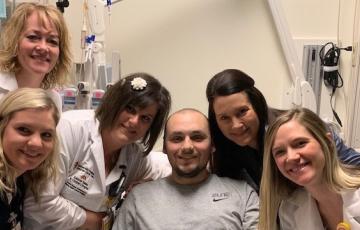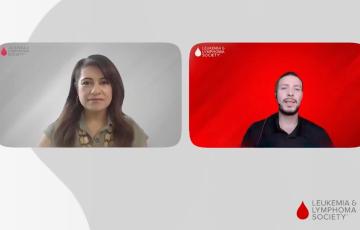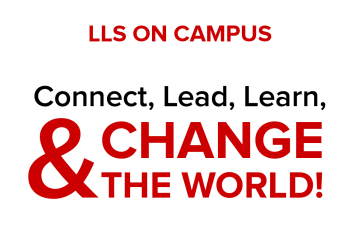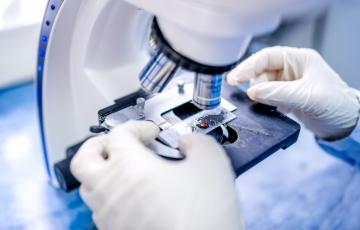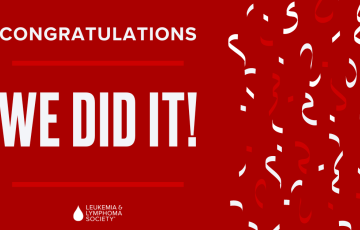NCI Genetic Epidemiology Branch- Familial Blood and Lymph Node Cancers
To study families with multiple cases of lymphoproliferative disorders.
- The National Cancer Institute (NCI) of the National Institutes of Health (NIH) is studying the causes of familial blood and lymph node cancers. The primary focus is on: Chronic lymphocytic leukemia (CLL), Hodgkin Lymphoma (HL), Non-Hodgkin Lymphoma (NHL), Waldenstrom’s macroglobulinemia (WM), and Multiple myeloma (MM).
- The clinical evaluation includes a medical history and physical examination and may also entail disease-related laboratory or imaging studies. In certain cases, patients may be invited to visit the NIH Warren G. Magnuson Clinical Center in Bethesda, Maryland, for evaluation. Otherwise, study components can often be completed in or near the patient's home community.
Families with 2 or more living individuals in the family with a history of the same lymphoproliferative disorder
800-518-8474 https://dceg.cancer.gov/research/clinical-studies/blood-lymph-cancers
